Blogs & News
We are focus on automotive wiring harness & connectors technology.
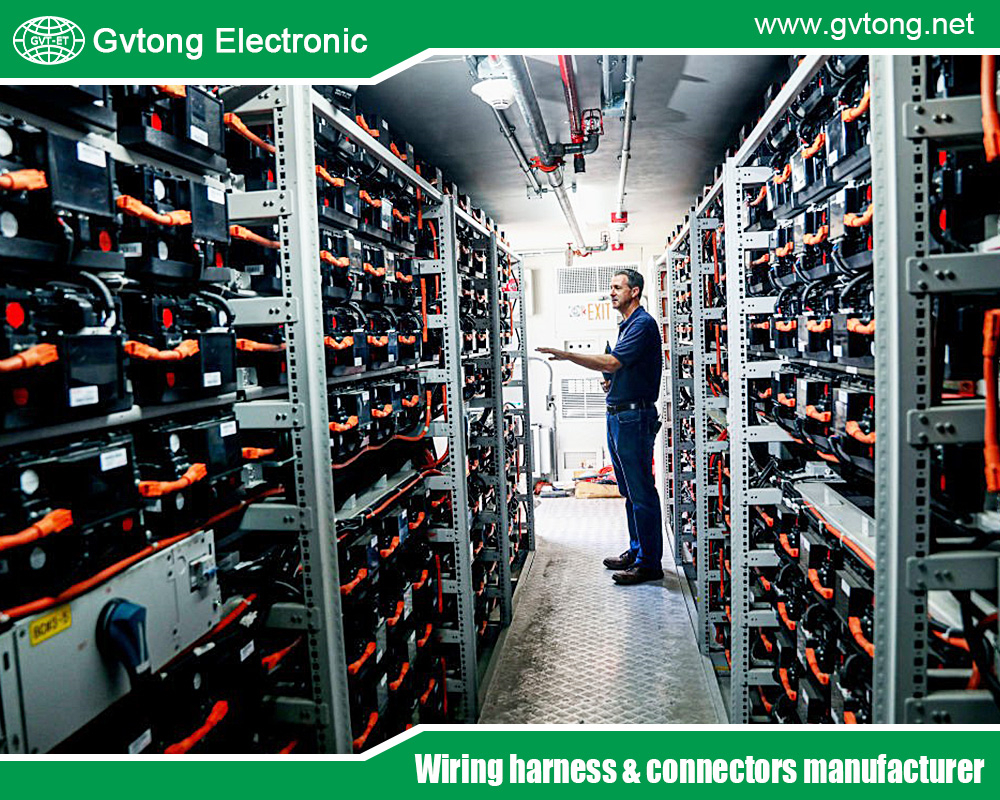
Custom OEM Automotive Electrical Wiring Connectors – Meet Your Exact Vehicle Wiring Needs
- Gvtong Electronic
- 12 volt automotive wire connectors, adas automotive connector, ADAS automotive connectors, ADAS automotive connectors manufacturer, Anti-vibration automotive connectors, Automotive Camera Connectors, automotive connector companies, automotive connector manufacturers, automotive connector suppliers, automotive connectors, automotive connectors and terminals, automotive connectors manufacturer, automotive electrical connector manufacturers, Automotive electrical connectors, automotive electrical connectors manufacturers, Automotive Electrical Wiring Connectors, automotive miniaturized coaxial connector, automotive multi pin connectors, automotive power connectors, automotive pressure connectors, automotive waterproof wire connectors, Blind-mate automotive connectors, custom OEM automotive electrical wiring connectors, electrical connectors, electrical wiring connectors, high current connectors automotive, high voltage connectors automotive, hybrid connectors automotive, mini-coax automotive connector, modular connectors automotive, oem automotive connectors, OEM automotive electrical connectors, oem automotive electrical wiring connectors, wiring connectors
- No Comments
Custom OEM Automotive Electrical Wiring Connectors – Meet Your Exact Vehicle Wiring Needs
In the intricate world of modern vehicles, electrical systems form the backbone of functionality, powering everything from engine management to infotainment and safety features. At the heart of these systems lie automotive electrical wiring connectors—small yet critical components that ensure reliable connections between wires, sensors, modules, and power sources. These connectors are designed to withstand harsh environments, including vibrations, extreme temperatures, moisture, and chemical exposure, making them indispensable in automotive manufacturing and aftermarket modifications.
Original Equipment Manufacturer (OEM) connectors represent the gold standard in this domain, as they adhere to the specifications set by vehicle manufacturers like Ford, GM, Toyota, and others. Custom OEM automotive electrical wiring connectors take this a step further by tailoring these components to meet specific vehicle wiring needs, whether for performance upgrades, repairs, or specialized applications. Unlike off-the-shelf alternatives, custom solutions provide precise fitment, enhanced durability, and seamless integration, reducing the risk of electrical failures that could lead to costly downtime or safety hazards.
The demand for custom OEM connectors has surged with the rise of electric vehicles (EVs), autonomous driving technologies, and custom automotive builds. For instance, in racing or off-road scenarios, standard connectors may not suffice due to higher power demands or unique wiring layouts. Companies specializing in these products, such as Powerwerx, offer a range of OEM-style connectors including 2, 4, and 6-pin power variants, ensuring compatibility with original equipment. Similarly, Race Spec provides dependable options for high-performance electrical systems. This article delves into the essentials of custom OEM automotive electrical wiring connectors, exploring their design, benefits, applications, and future trends, to help vehicle owners, mechanics, and manufacturers understand how these components can precisely meet their wiring requirements.
As vehicles become more electrified and connected, the role of wiring connectors evolves. Traditional internal combustion engine (ICE) vehicles rely on connectors for basic functions like lighting and ignition, but EVs demand high-voltage connectors capable of handling thousands of amps without overheating. Custom OEM solutions bridge this gap by incorporating manufacturer-approved designs while allowing modifications for unique setups, such as aftermarket audio systems or custom lighting. By investing in these tailored connectors, users can achieve optimal performance, longevity, and compliance with industry standards like SAE (Society of Automotive Engineers) and ISO certifications.
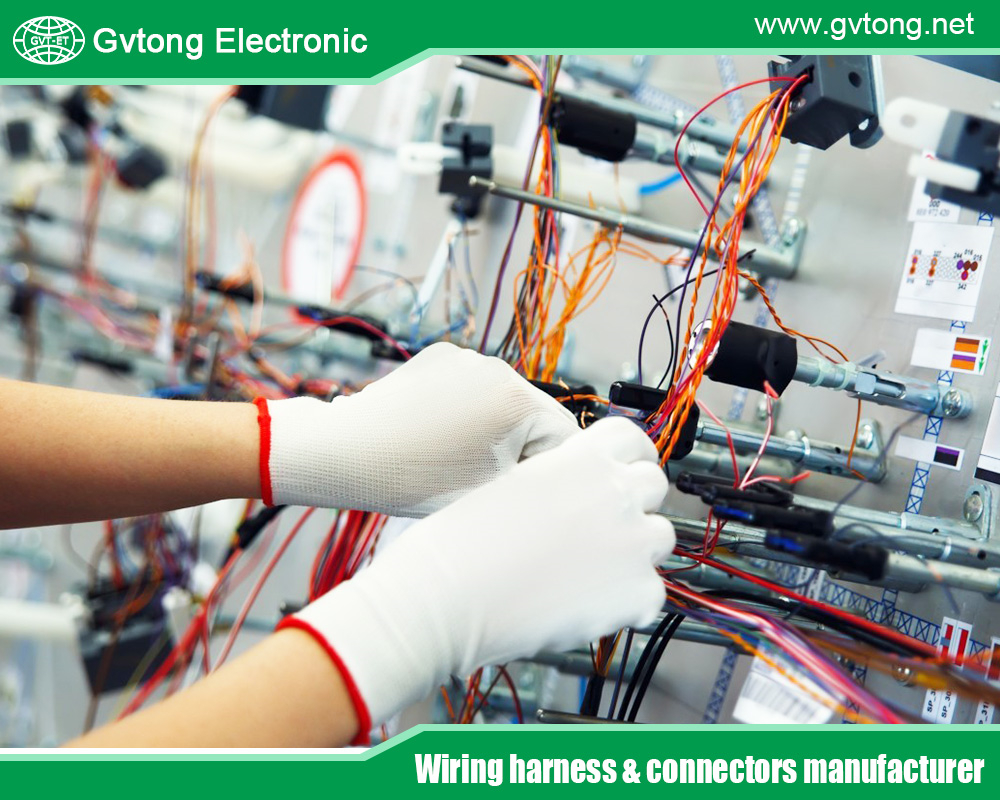
Understanding Automotive Electrical Wiring Connectors
Automotive electrical wiring connectors are modular devices that join electrical circuits, facilitating the transmission of power and signals. They consist of housings, terminals, seals, and locking mechanisms, each engineered for specific purposes. Common types include pin connectors, blade terminals, weatherproof plugs, and high-current power connectors. Pin connectors, for example, are used in low-voltage applications like sensor wiring, while blade terminals handle higher amperage in fuse boxes.
The primary function of these connectors is to provide secure, low-resistance connections that prevent arcing, corrosion, and signal interference. In a typical vehicle, hundreds of connectors link components such as the engine control unit (ECU), battery, alternator, headlights, and infotainment systems. Without reliable connectors, issues like intermittent power loss or short circuits can occur, leading to diagnostic trouble codes (DTCs) or complete system failures.
OEM connectors are produced to exacting standards set by automakers, ensuring interchangeability and reliability. For custom applications, these are modified or newly designed while maintaining OEM compatibility. Sites like FindPigtails.com offer hundreds of OEM-style pigtails—pre-wired connector assemblies—that simplify repairs by allowing plug-and-play installation without splicing wires. Pigtails are particularly useful in diagnostics, where a damaged connector can be replaced quickly.
Materials play a crucial role in connector performance. Housings are often made from durable plastics like polyamide or polypropylene, resistant to UV radiation and chemicals. Terminals are typically copper or brass, plated with tin, gold, or silver for corrosion resistance and conductivity. Seals, made from silicone or rubber, protect against water ingress, achieving IP (Ingress Protection) ratings like IP67 for submersion resistance.
In custom OEM scenarios, connectors can be adapted for specific voltages, pin configurations, or environmental conditions. For heavy-duty applications, Aeromotive provides connectors for on-road and off-road equipment, including repair kits for existing harnesses. This customization ensures that connectors not only fit physically but also electrically match the vehicle’s requirements, minimizing voltage drops and heat buildup.
The Role of OEM in Automotive Manufacturing
OEM standards are pivotal in automotive manufacturing, guaranteeing that parts meet the quality, safety, and performance benchmarks established by vehicle producers. In the context of electrical wiring connectors, OEM compliance means adhering to specifications for dimensions, materials, and testing protocols. This ensures that connectors integrate seamlessly with factory wiring harnesses, avoiding compatibility issues that plague generic aftermarket parts.
Manufacturers like GM, Ford, and Bosch set rigorous standards, often requiring connectors to pass vibration tests (e.g., SAE J2030), thermal cycling, and salt spray corrosion assessments. Custom OEM connectors build on these foundations, allowing suppliers to produce variants that address niche needs without voiding warranties. For example, Clips & Fasteners offers Metri-Pack electrical connectors and GM connector pins, which are direct OEM equivalents used in fuse blocks and wiring looms.
The OEM process involves collaboration between automakers and tier-1 suppliers. Suppliers like TE Connectivity or Delphi (now Aptiv) design connectors that are then customized for specific models. In custom fabrication, this might include altering pin counts or adding strain relief for high-vibration environments like trucks or motorcycles.
One key advantage of OEM adherence is traceability. Each connector batch is documented, aiding in recalls or quality control. For end-users, this translates to reliability; a custom OEM connector in a fleet vehicle reduces maintenance costs by preventing premature failures. Connector Experts stocks thousands of such items, including terminals and seals, for same-day shipping, catering to repair shops and enthusiasts. In global supply chains, OEM standards harmonize production, ensuring connectors from different regions perform identically. This is crucial for electric and hybrid vehicles, where high-voltage connectors must comply with standards like UL 1977 for safety.
Advantages of Custom Connectors
Custom OEM automotive electrical wiring connectors offer unparalleled flexibility, addressing limitations of standard parts. The primary benefit is precise fitment: off-the-shelf connectors may require adapters or modifications, increasing installation time and failure risk. Custom designs eliminate this, as seen in CURT’s vehicle-specific T-connectors for trailer wiring, which plug directly into factory harnesses.
Performance enhancement is another key advantage. In high-power applications, like EV charging or aftermarket turbo systems, custom connectors can handle higher amperage with low-resistance materials, reducing energy loss. For racing, Race Spec’s connectors ensure seamless integration in performance builds, minimizing electrical noise that could affect ECU readings.
Cost-efficiency emerges over time. While initial customization may cost more, it prevents recurring issues. Custom Connector Kits provides over 3000 OEM parts with volume discounts, making it economical for bulk orders. Additionally, customization supports scalability; manufacturers can prototype connectors for new vehicle models.
Safety is paramount. Custom connectors incorporate features like polarized housings to prevent misconnection, and enhanced sealing for hazardous environments. In agricultural or construction equipment, Aeromotive’s commercial division offers robust solutions that withstand dust and impacts. Environmental adaptability is crucial. Custom designs can include UV-resistant coatings or high-temperature ratings up to 150°C, ideal for engine bays. For marine or off-road vehicles, corrosion-resistant platings extend lifespan.
Design and Manufacturing Process
The design of custom OEM connectors begins with requirements gathering: voltage, current, pin count, and environmental factors. Engineers use CAD software to model housings and terminals, simulating stress and thermal performance.
Prototyping follows, often via 3D printing for rapid iteration. Testing includes electrical continuity, insulation resistance, and mechanical endurance. Once approved, manufacturing employs injection molding for housings and stamping for terminals.
Quality control is rigorous, with automated inspection for defects. Suppliers like Current Performance Wiring craft custom direct-fit harnesses, integrating connectors into complete assemblies for seamless vehicle integration. Sustainability is increasingly factored in, using recyclable materials and lead-free platings to comply with RoHS directives.
Materials and Standards
Materials selection is critical: thermoplastics for housings, alloys for terminals. Standards like ISO 6722 for wires and SAE J1128 for low-voltage cables ensure compliance.
Advanced materials include PBT (polybutylene terephthalate) for heat resistance and gold plating for low-contact resistance in signal applications.
Applications in Different VehiclesIn passenger cars, connectors support ADAS (Advanced Driver-Assistance Systems). For trucks, high-current variants power accessories. EVs use specialized high-voltage connectors. Case studies from Aeromotive show successful implementations in heavy-duty fleets, reducing downtime. In motorsports, custom connectors from Race Spec enhance reliability under extreme conditions. Future Trends
Emerging trends include smart connectors with embedded sensors for predictive maintenance, and wireless alternatives reducing wiring complexity. With EVs proliferating, connectors will evolve for ultra-fast charging. Materials like graphene could improve conductivity.
Integration with IoT will allow real-time monitoring, enhancing vehicle diagnostics.
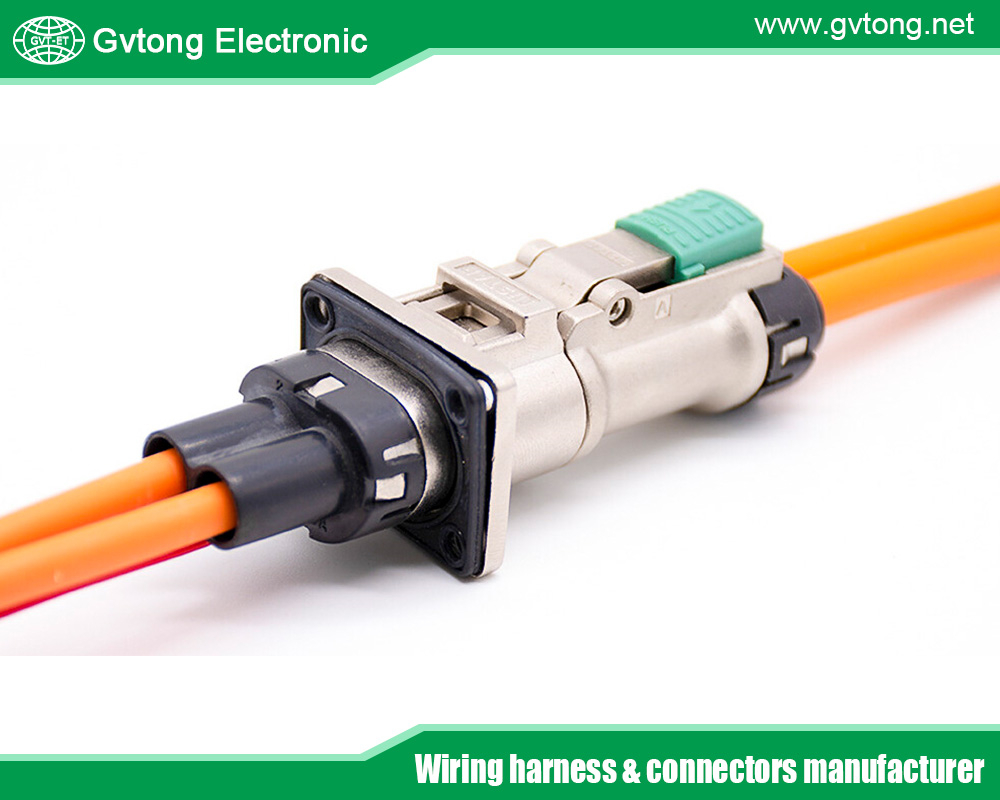
Conclusion
Custom OEM automotive electrical wiring connectors are essential for meeting precise vehicle needs, offering reliability, performance, and customization. By leveraging these components from trusted suppliers, users can optimize their electrical systems for the demands of today and tomorrow. Whether for repairs or innovations, they ensure vehicles run efficiently and safely.
For more about custom OEM automotive electrical wiring connectors – meet your exact vehicle wiring needs, you can pay a visit to Gvtong at https://www.gvtong.net/ for more info.
Recent Posts
How to Diagnose and Repair Automotive Signal Connector Failures
How to Install and Maintain Low Pressure Automotive Connectors
Heat Shrink vs. Crimp: Choosing the Right 12V Car Wire Connector
Best 12V Automotive Wire Connectors for Reliable Electrical Connections
Tags
Recommended Products
-
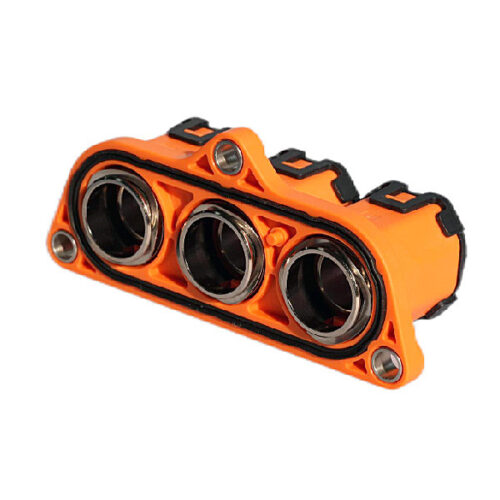
GVPT 3-core wiring connector
-
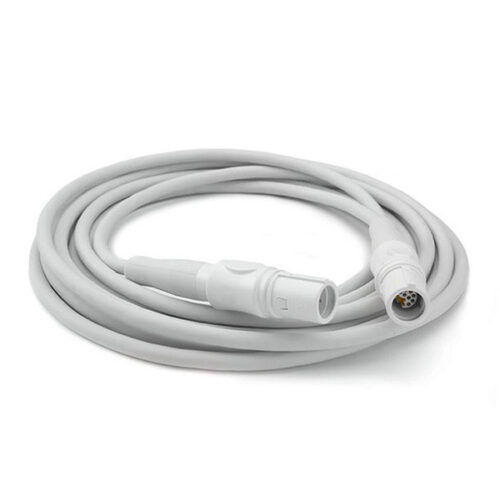
Wiring harness for medical equipments
-
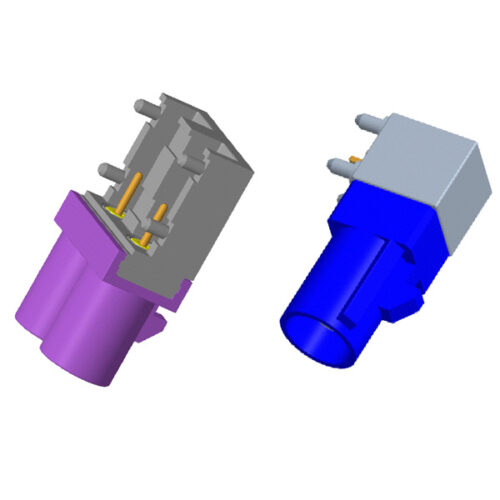
Automotive FAKRA Connector – Board End, DC to 3GHz From RF Connectors And Cables Manufacturer In China
-
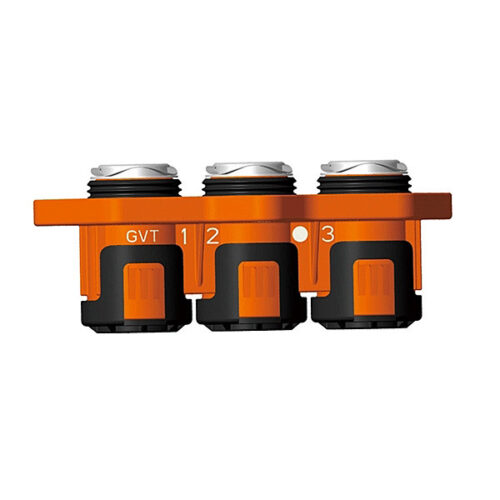
GIPT three-core wiring connector
-
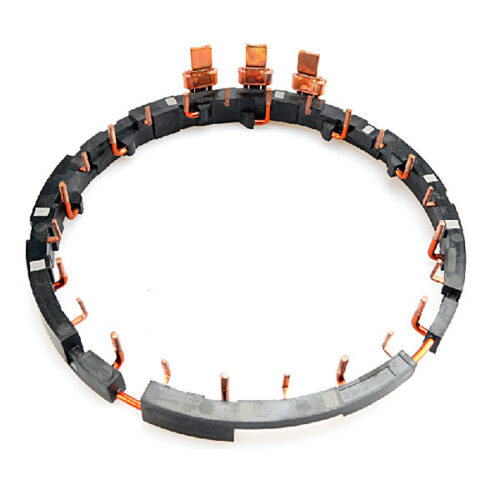
Bus bar
-
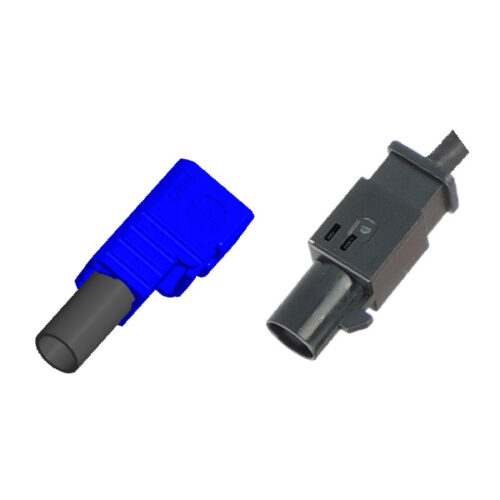
Automotive FAKRA Single Head Connector, Automotive Standard FAKRA Connectors
-
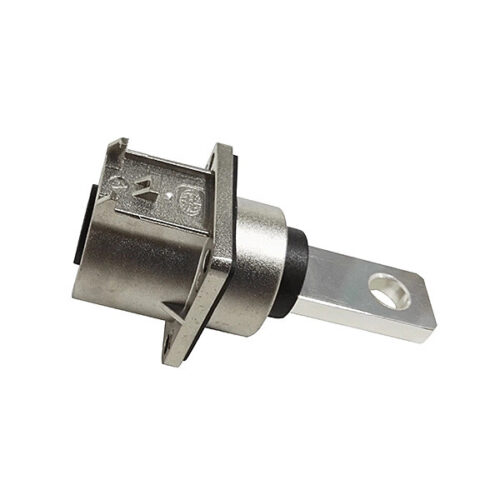
Single core 10MM
-
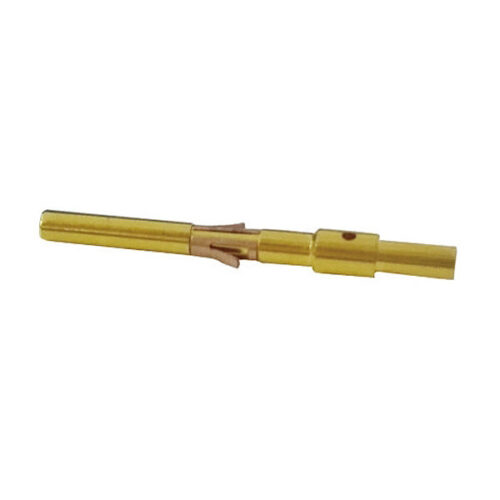
1.0 mm signal pin
